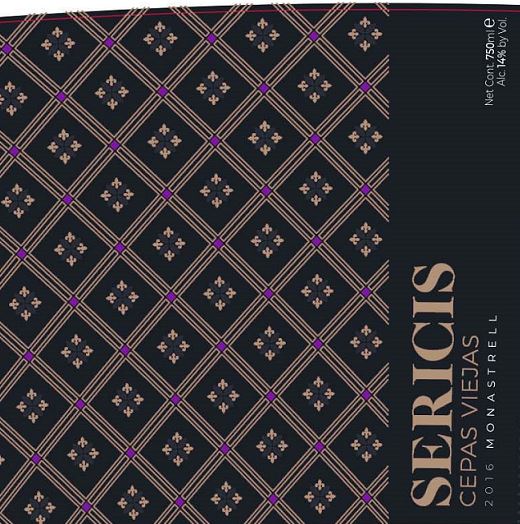2016 Alicante Mourvedre
Sericis Sericis, a captivating Mourvèdre from the esteemed Alicante region, is a splendid representation of this varietal's robust character. With its deep red hue, this wine entices the eye and promises a rich tasting experience. On the palate, it showcases a full-bodied profile, balanced by a refreshing acidity that uplifts its flavors. The fruit intensity is prominent, offering delightful notes of ripe blackberries and plums, harmonizing beautifully with hints of earthy undertones. Tannins are notable and structured, providing a firm backbone while still allowing for an elegant finish. With a dry character, Sericis Sericis is a perfect companion for hearty dishes, making it a must-try for those seeking a wine with depth and complexity.
Sericis Sericis, a captivating Mourvèdre from the esteemed Alicante region, is a splendid representation of this varietal's robust character. With its deep red hue, this wine entices the eye and promises a rich tasting experience. On the palate, it showcases a full-bodied profile, balanced by a refreshing acidity that uplifts its flavors. The fruit intensity is prominent, offering delightful notes of ripe blackberries and plums, harmonizing beautifully with hints of earthy undertones. Tannins are notable and structured, providing a firm backbone while still allowing for an elegant finish. With a dry character, Sericis Sericis is a perfect companion for hearty dishes, making it a must-try for those seeking a wine with depth and complexity.




